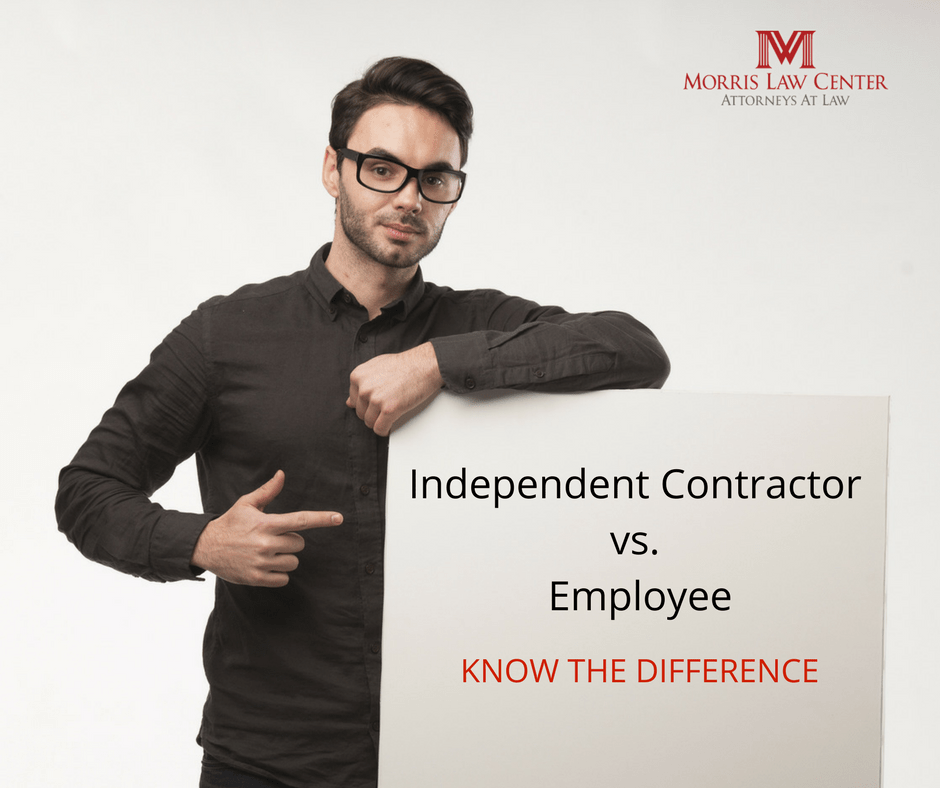By Timothy Wiseman
It is well established that a real estate agent or broker must generally pass a two part test to earn their commission. Shell Oil Co. v. Ed Hoppe Realty, 91 Nev. 576, 580, 540 P.2d 107, 109-10 (1975). They must have an employment contract and they must be the “procuring cause” of the sale. Neither one of those factors is always as straightforward as it seems.
What constitutes an employment contract?
While a broker must have an employment contract to earn their commission, courts have often interpreted that broadly. Such a contract may be made verbally or even simply implied from the conduct of the parties. Shell Oil Co., 91 Nev. 576 at 580-581. Additionally, there merely needs to be an employment contract of some kind authorizing the agent or broker to act. This employment contract does not necessarily need to specify that a commission will be paid or exactly what that commission will be. Carrigan v. Ryan, 109 Nev. 797, 799, 858 P.2d 29, 30 (1993).[1]
Historically, part of the reason the procuring cause doctrine developed was to ensure that the broker or agent was paid “where he or she arranges a sale but nonetheless, according to the strict terms of the broker’s contract, the broker is not otherwise entitled to a commission.” While Courts generally view this broadly, it is not absolutely unlimited and a broker merely asking for and receiving the terms upon which a potential seller might sell the property does not constitute a contract. Lawry v. Devine, 82 Nev. 65, 68, 410 P.2d 761, 763 (1966).
What constitutes a procuring cause?
Courts in Nevada have explicitly declined to lay out a precise definition of procuring cause or lay out an exact test for it. The Nevada Supreme Court has stated general principles. The procuring cause sets “in motion a chain of events which, without break in the continuity, cause the buyer and seller to come to terms as the proximate result of his or her peculiar activities.” Binder v. Levy Realty Co., 106 Nev. 221, 225, 790 P.2d 497, 500 (1990). In other words, the broker or agent is generally entitled to their commission if they make the first significant steps in arranging the deal and nothing validly interrupts the process they set in motion.
If the “broker first approaches, or brings to the attention of the buyer that the property is for sale, or brings the buyer into the picture” that is a strong factor, though not strictly enough by itself, to show that the broker was the procuring cause. Carrigan, 109 Nev. at 802. When they have done substantial work, it is not necessary for the broker or agent to make the final sale or be present for the final sale. While their involvement in the sale must be more than merely trifling, the broker or agent is not required to be involved in every part of the transaction. The procuring cause doctrine is used to settle disputes over the commissions earned both between a broker and a seller and between competing brokers.
The procuring cause doctrine, sometimes referred to as the effective cause doctrine, is widespread in the United States, and courts in other states have also provided examples of when it should, or should not, apply. Courts in New York have found that “the broker must do more than merely bring the parties together.” A N Assocs. v. Quotron Sys., 159 Misc. 2d 515, 517, 605 N.Y.S.2d 178, 179-80 (Civ. Ct. 1993)[2]; see also United Farm Agency, Inc. v. Green, 466 So. 2d 118, 121 (Ala. 1985). However, the involvement of another broker in the sale will not deprive an initial broker who helped set the transaction in motion of their commission. Belleau v. Hopewell, 120 N.H. 46, 52, 411 A.2d 456, 460 (N.H. 1980). This remains true even if the second broker was not aware that the initial broker was ever involved.
Here’s an Example:
Shell Oil Co. v. Ed Hoppe Realty is one of the prime examples of a case dealing with the procuring cause doctrine in Nevada. In Shell, the realtor had made contact with Shell Oil Company hoping to acquire business. While no formal, written contract was ever established, Shell and the realtor began a working relationship to sell certain properties, including three service stations in Las Vegas. After the realtor made initial contact with a potential buyer, Shell’s representatives contacted the potential buyer directly and finalized the purchase. No party paid a commission to the realtor, and Shell argued that the realtor had no rights as he was not formally employed and had not finalized the arrangement.
The realtor sued demanding his commission, and the district court found in favor of the realtor. The Nevada Supreme Court upheld this ruling. The Nevada Supreme Court found that, even though not a formal written arrangement, the parties’ conduct showed they acted as though there were an employment contract. Since the broker had “brought the buyer and seller together”, the broker was the procuring cause even though Shell’s own real estate professionals finalized the deal. The broker was thus entitled to his commission.
[1] A contract which explicitly sets forth a different form of compensation will override the traditional procuring cause doctrine, but otherwise a commission based on being a procuring cause will be read into contracts that are silent on the matter. Id. at 800.
[2] A. N. Associates dealt with an employment contract, but explicitly analogized to the procuring cause doctrine in real estate.
For more informations or questions, please give us a call at (702) 850-7798 or click here to send us an email.





